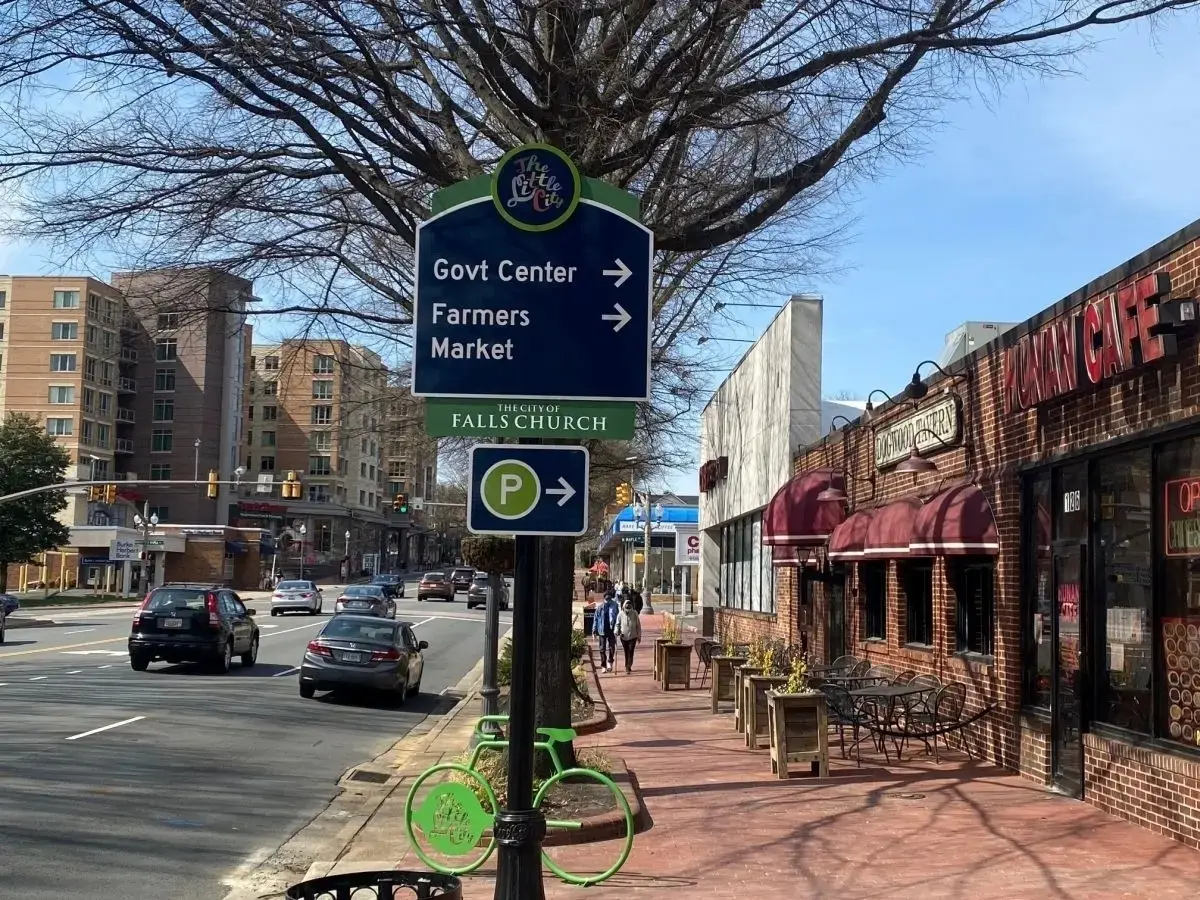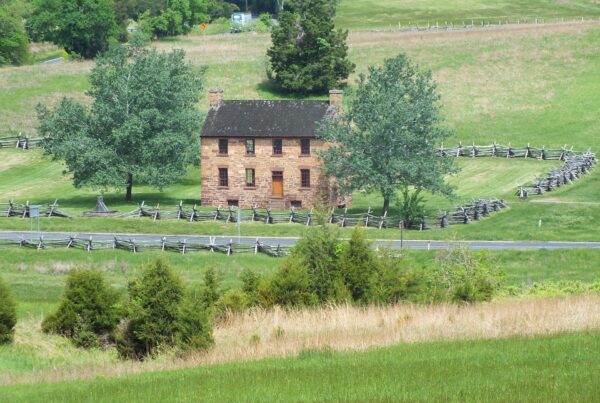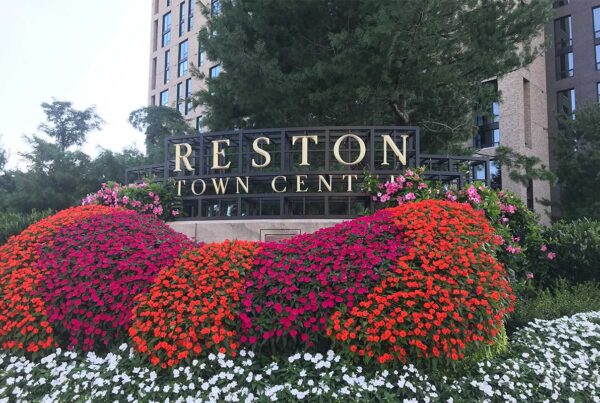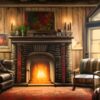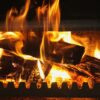Understanding Spalling: How Cold Climate Affects Your Chimney in Falls Church VA
A&T Chimney Sweeps fireplace, furnace, dryer vent, gutter cleaning, and repair services in Falls Church, VA is a trusted name for maintaining and repairing chimneys. We often encounter a common issue amongst our clients, especially during the winter season – spalling. Spalling is a phenomenon that can occur in your chimney due to the cold climate and can lead to serious structural issues if left unchecked.
Understanding Spalling
Spalling is a process where water enters into brick, concrete, or natural stone and forces the surface to peel off, pop out, or flake off. It’s sometimes described as concrete cancer, and it’s a significant concern for homeowners in cold climates like Falls Church, VA.
The process of spalling begins when moisture seeps into the masonry and then freezes. As the water freezes, it expands, causing the brick or stone to crack or flake off, a process known as spalling. Over time, these small cracks can lead to significant structural damage.
How Cold Climate Affects Spalling
In cold climates, the freeze-thaw cycle exacerbates the process of spalling. When the moisture within the masonry freezes, it expands, causing the surface to crack and flake off. Once the temperature rises, the ice melts, causing the masonry to contract. This continuous cycle of freezing and thawing accelerates the process of spalling and can cause severe damage to your chimney.
The Impact of Spalling on Your Chimney
If not addressed promptly, spalling can lead to significant structural damage to your chimney. This could range from minor cracks that allow heat and smoke to escape from your fireplace to significant structural degradation that could cause your chimney to collapse.
Moreover, spalling can also lead to internal water damage. When the exterior protection of your chimney is compromised, it allows water to seep into your home, which can lead to mold growth and other water-related issues.
Preventing and Repairing Spalling
To prevent spalling, it’s crucial to ensure that your chimney is properly maintained. Regular inspections can help identify early signs of spalling, allowing for timely repairs.
Waterproofing your chimney is another effective way to prevent spalling. By applying a waterproofing agent to the exterior of your chimney, you can prevent moisture from seeping into the masonry, thus reducing the risk of spalling.
If your chimney is already experiencing spalling, it’s essential to address the issue immediately. Depending on the severity of the spalling, repairs could range from replacing individual bricks to rebuilding the entire chimney.
In Falls Church, VA, the cold climate can significantly heighten the risk of spalling. Therefore, homeowners must be proactive in maintaining their chimneys and addressing any signs of spalling before they escalate.
FAQs
1. What causes spalling in chimneys?
Spalling is caused by moisture that seeps into the masonry and freezes. The freeze-thaw cycle associated with cold climates accelerates this process.
2. How can I tell if my chimney is experiencing spalling?
Signs of spalling include flakes or chunks of brick falling off, cracks in the masonry, or a rough texture on the surface of the chimney.
3. How can spalling be prevented?
Regular chimney inspections and maintenance, as well as waterproofing, are effective ways to prevent spalling.
4. Can spalling be repaired?
Yes, depending on the severity of the spalling, repairs could range from replacing individual bricks to rebuilding the entire chimney.
5. Is spalling a serious issue?
Spalling can lead to significant structural damage if left unchecked, and in severe cases, it can cause your chimney to collapse. It can also lead to internal water damage.
In conclusion, understanding and addressing spalling in your chimney is crucial, especially in cold climates like Falls Church, VA. Regular maintenance and timely repairs can go a long way in preventing severe structural damage and ensuring the longevity of your chimney.



